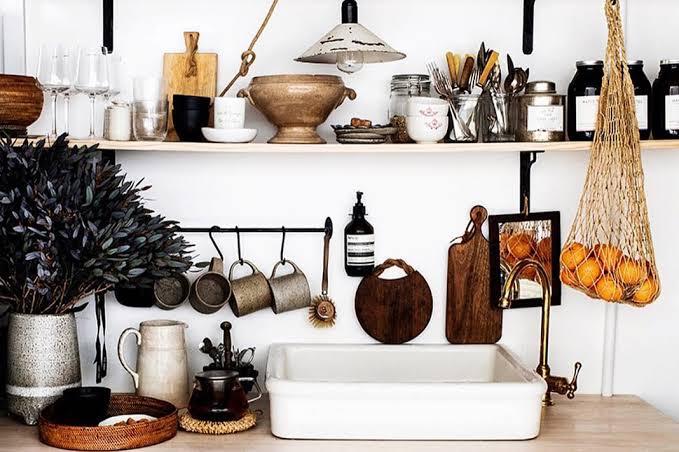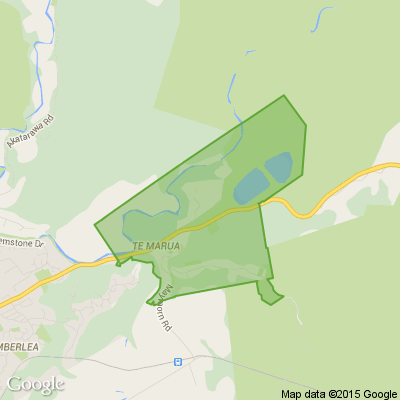Five simple ways to make your kitchen more sustainable
When it comes to making decisions that are more environmentally-conscious it can feel a bit overwhelming knowing where to begin. As the heart and hub of our homes, we think the kitchen is a good place to start. Don’t worry about embarking on a major lifestyle makeover, you’ll find that small, thoughtful choices can add up to make a difference. Here a few easy-to-adopt habits that can help you live a bit more sustainably.
1. Create a compost bin
From compost bins and tumblers to worm farms and indoor Bokashi buckets, there are a range of compost solutions available these days to suit your home and lifestyle. Starting your own compost is a great way to reduce the amount of food waste ending up in the landfill and will keep your garden soil happy and healthy. Plus, it’s a great way to teach your kids about waste and how to be responsible for their impact on the environment.
2. Swap your sponges
When it comes to kitchen waste that needs an eco-friendly makeover, sponges aren’t usually the first thing that springs to mind. Often containing synthetic fibres, your everyday sponge can actually end up contributing to landfill waste that’s harmful to the environment. The best thing to do is to swap your sponges, scourers and cloths for sustainable alternatives.
3. Try natural cleaning products
Swapping regular cleaning products for natural alternatives reduces the level of harsh chemicals in your home and also helps to keep these nasties out of the waterways. An easy and inexpensive solution is to just create your own DIY cleaning products at home. Stock your cupboards with white vinegar, salt, baking soda, lemons and you’ll have everything you need to create a multitude of different eco-friendly cleaning remedies.
4. Shop seasonally
Shopping seasonally and buying locally grown produce is another important way you can be environmentally sustainable. Produce that’s not in season has to either be imported from overseas which racks up carbon miles or grown in greenhouses which consume a lot of energy to achieve the right climate. The best part about buying seasonal fruit and veg is that produce is usually fresher and much cheaper. Buying in bulk is also a clever way to limit packaging. Stock up on airtight containers to ensure any bulk items you buy can be stored properly to prevent food waste.
5. Make green choices
Achieving an eco-friendly kitchen comes down to the choices you make. But this doesn’t mean you have go off-grid and lead an inconvenient life, it’s all about changing your habits a little and finding a sustainable alternative. Some greener choices any busy family can make include:
Always keeping a stash of reusable shopping bags in the car.
Saying no to straws or swapping to metal or bamboo alternatives.
Storing food in airtight containers to reduce the amount of food waste.
Swapping to energy-efficient light bulbs.
Choosing products made of renewable materials.
Choosing energy-efficient options when buying new appliances.
Taking your soft plastics to your local supermarket if they offer soft plastic recycling.
Looking for recycled, second hand materials if you’re planning on renovating.

Share your favourite main crop potato recipe and win a copy of our mag!
Love potatoes? We will give away free copies of the May 2026 issue to readers whose potato recipes are used in our magazine. To be in the running, make sure you email your family's favourite way to enjoy potatoes: mailbox@nzgardener.co.nz, by March 1, 2026.

Have you got New Zealand's best shed? Show us and win!
Once again, Resene and NZ Gardener are on the hunt for New Zealand’s best shed! Send in the photos and the stories behind your man caves, she sheds, clever upcycled spaces, potty potting sheds and colourful chicken coops. The Resene Shed of the Year 2026 winner receives $1000 Resene ColorShop voucher, a $908 large Vegepod Starter Pack and a one-year subscription to NZ Gardener. To enter, tell us in writing (no more than 500 words) why your garden shed is New Zealand’s best, and send up to five high-quality photos by email to mailbox@nzgardener.co.nz. Entries close February 23, 2026.

Poll: 🤖 What skills do you think give a CV the ultimate edge in a robot-filled workplace?
The Reserve Bank has shared some pretty blunt advice: there’s no such thing as a “safe” job anymore 🛟😑
Robots are stepping into repetitive roles in factories, plants and warehouses. AI is taking care of the admin tasks that once filled many mid-level office jobs.
We want to know: As the world evolves, what skills do you think give a CV the ultimate edge in a robot-filled workplace?
Want to read more? The Press has you covered!

-
52.5% Human-centred experience and communication
-
14.9% Critical thinking
-
29.9% Resilience and adaptability
-
2.8% Other - I will share below!







 Loading…
Loading…




